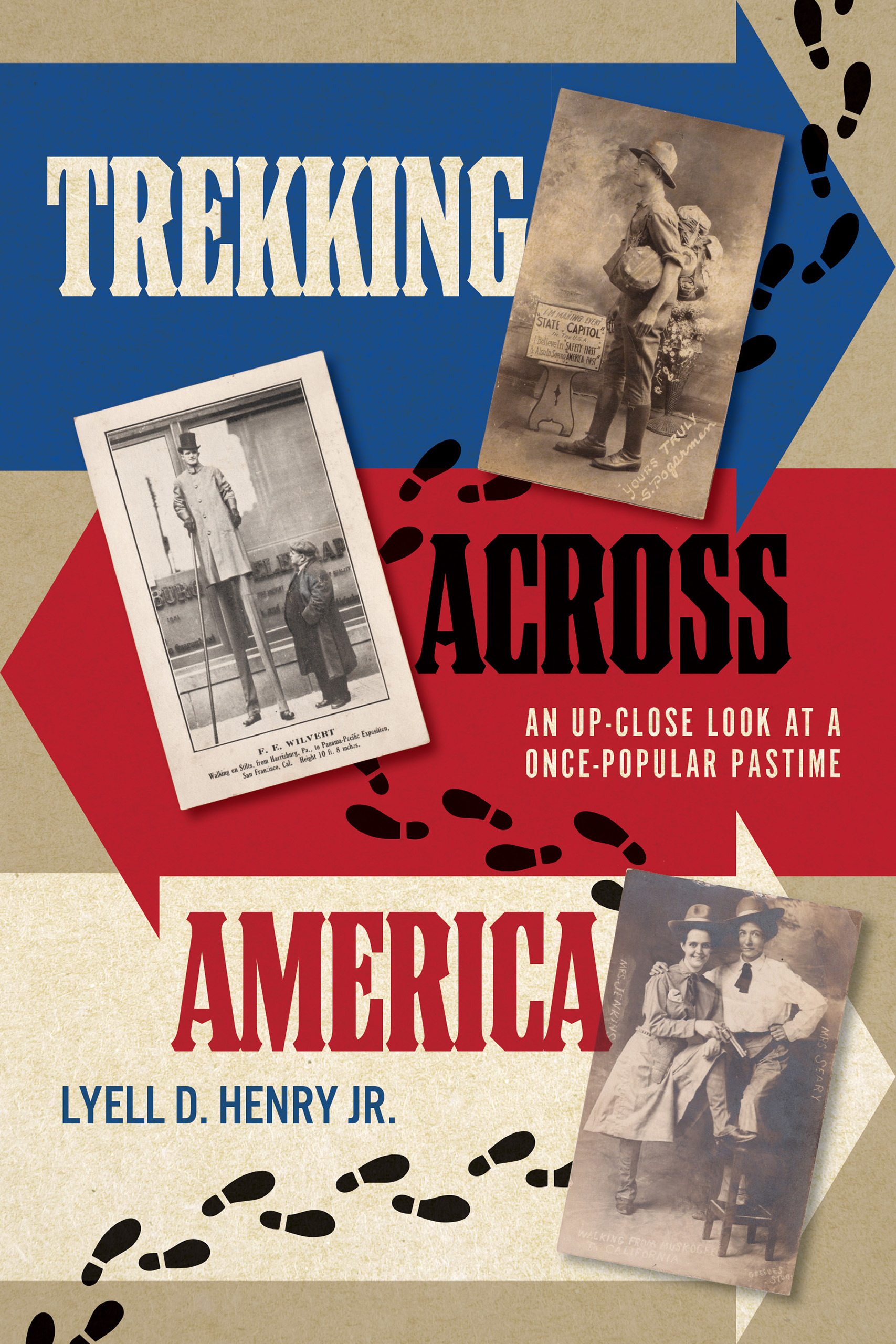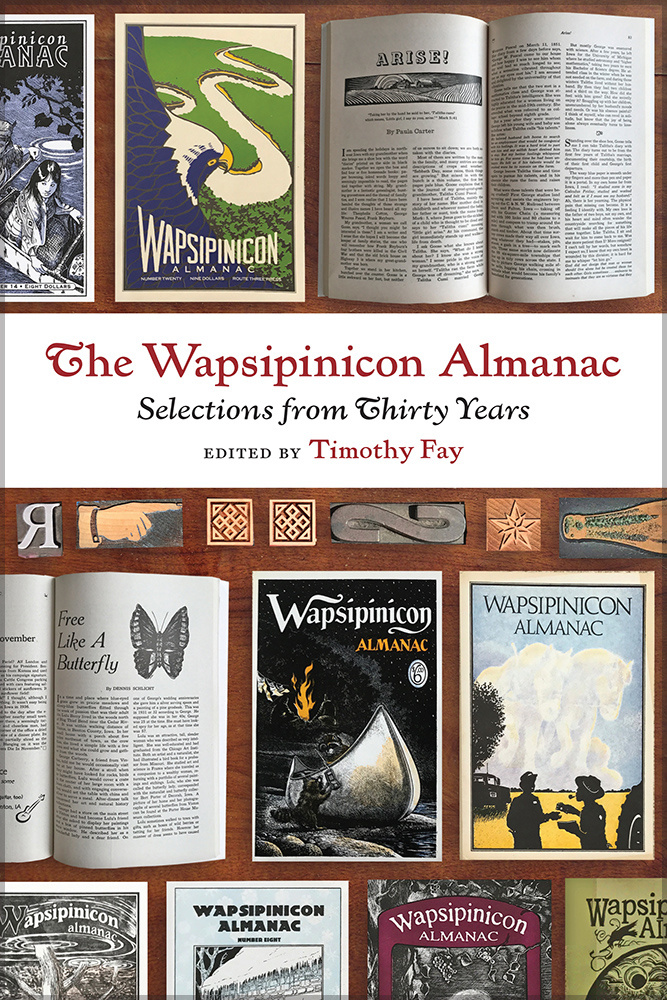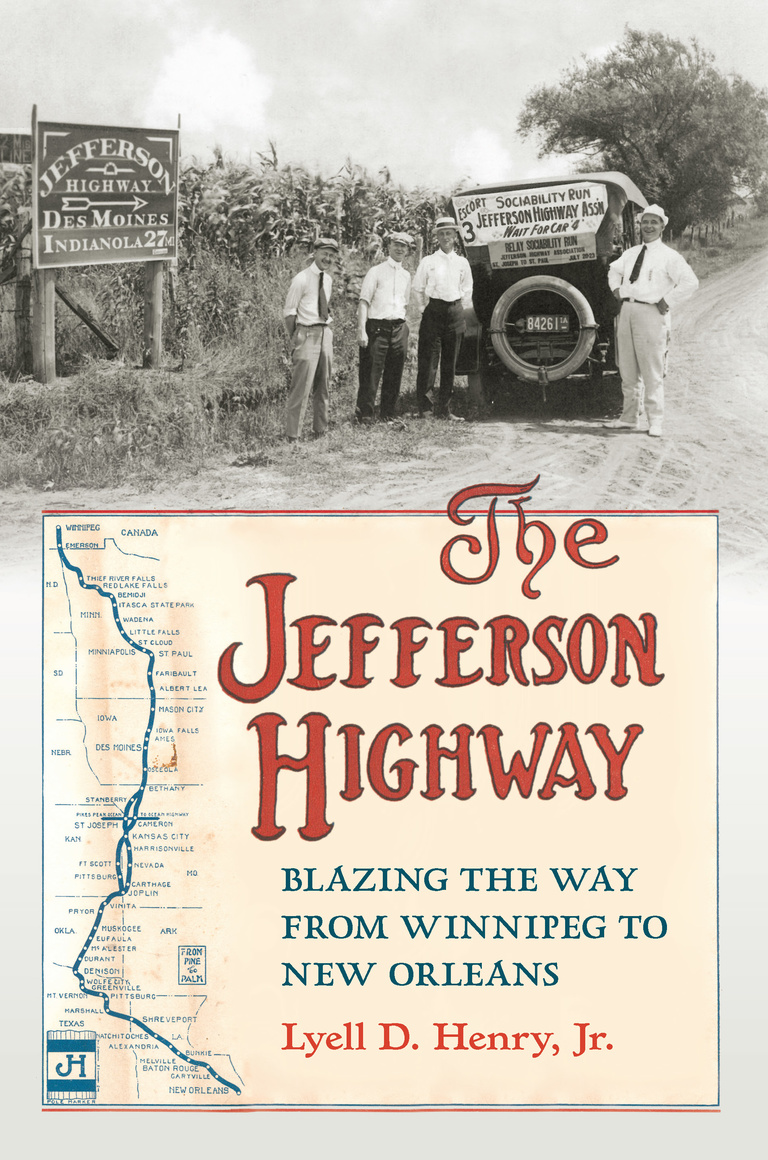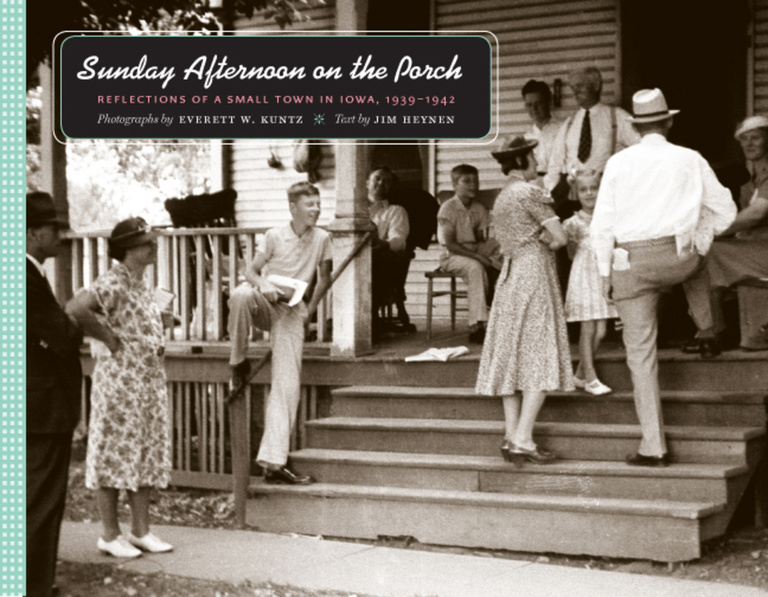For several decades following the end of the Civil War, the most popular sport in the United States was walking. Professional pedestrians often covered 500 miles or more for up to six grueling days and nights in pursuit of large money prizes. Walking was also a favorite amateur sport; newspapers often noted a “pedestrian mania” or “walking fever” that only began to give way in the mid-1880s to fast-rising crazes for baseball, bicycling, and roller skating.
As competitive walking faded, a new kind of spectacle walking, which had also begun in the late 1860s, came to full flower. Between 1890 and 1930, hundreds of men, women, even children and entire families were on the nation’s roads and railroad tracks trekking between widely separated points, sometimes moving in unusual ways such as on roller skates or by walking barefooted, backward, on stilts, or while rolling a hoop. To finance their attention-seeking journeys, many sold souvenir postcards. The public usually found these performers entertaining, but public officials and newspaper editors often denounced them as nuisances or frauds. Tapping vintage postcards and old newspaper articles, this is the first book to bring back to view this once-familiar feature of American life.
“Trekking across America vividly recalls a bygone era when people would cross the continent on foot, hoping the publicity would lead to fame and riches . . . or at least a better life. The incredible stories that Lyell Henry has collected are by turns hilarious and haunting. The cast is as colorful as America itself: the trekkers are Black and white, rich and poor, men, women, and children. It’s a resoundingly American story of dreamers, seekers, and scoundrels, hitting the road in search of that mythical pot of gold at the end of the rainbow: the American Dream.”—Matthew Algeo, author, Pedestrianism: When Watching People Walk Was America’s Favorite Spectator Sport
“At long last, Trekking across America delivers the colorful stories of an overlooked but incredibly popular Gilded Age pastime: walking long. Lyell Henry stitches together pedestrian tales both interesting and insightful, forming the quizzical, quilted backdrop to the coming of professional pedestrianism and, later, endurance athletics and ultramarathons. Makes you want to shout, ‘Keep going!’”—Ben Montgomery, author, The Man Who Walked Backward: An American Dreamer’s Search for Meaning in the Great Depression
“‘Pedestrian’ today usually means plain and commonplace. Lyell Henry takes us back more than a century in this wonderful book, to a time when pedestrians were superheroes and pre-automobile cross-country trekkers were the football and basketball stars of their era. It’s a glorious journey, from one coast to the other.”—Wayne Curtis, author, The Last Great Walk
“A rare gem that satisfies the readers curiosity to understand unique social experiences of the past. Henry produces a simple but insightful investigation. . . . sharing an important part of our nation’s history; providing insight to shared social experiences. Additionally, the author excites the readers’ curiosity by diving into early transportation pathways before modernized highway systems, and the act of traveling long distances, that we may take for granted today. This book is highly recommended for all readers, but highly encouraged to those especially interested in leisure history, sports history, or social history.”—Choice



